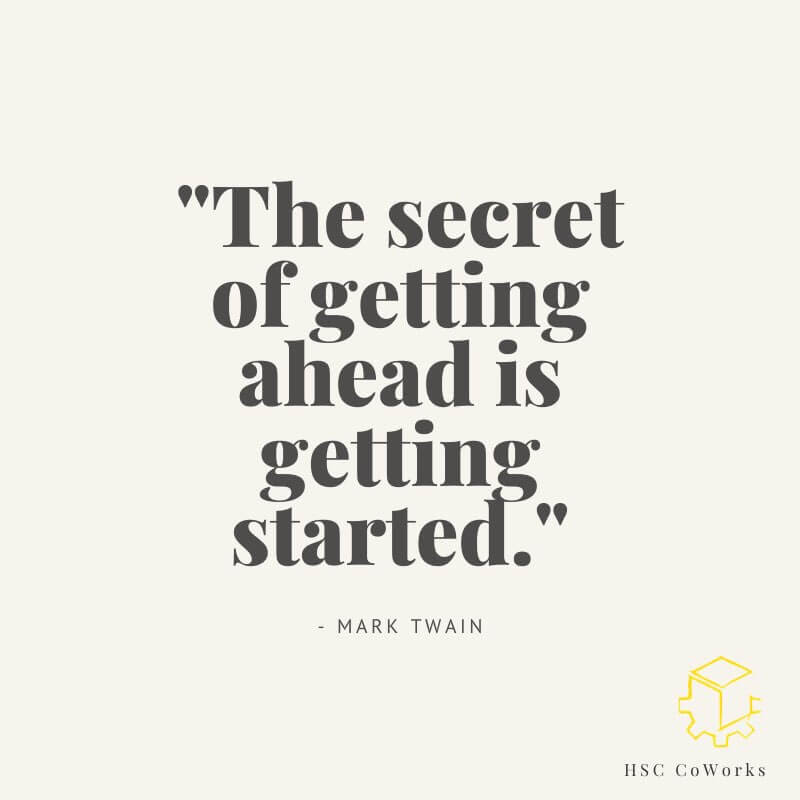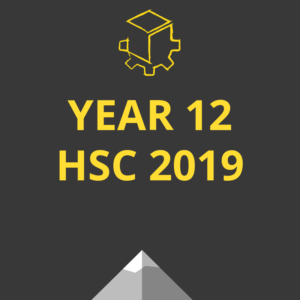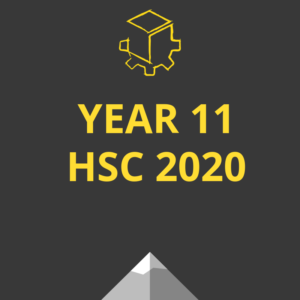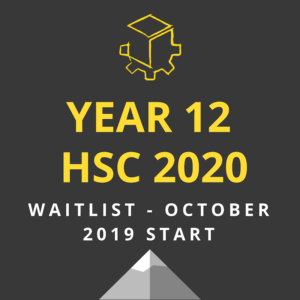In other words, if you complete one hour of study on each night of a week, you are going to remember more and perform better in the long-term than if you did seven hours in one night.
The only way you can avoid this practice is to be proactive and get started early. If you leave assessment tasks to the last minute, it should come as no surprise that you won’t perform to the best of your ability.

We often ask our students whether they would feel more confident writing an essay if they knew their quotes from memory. To this question, almost every student says that they would.
This is because the human brain craves certainty. If you know the foundational facts, concepts and techniques needed for your exam or assessment task, you’re going to feel much more prepared and confident approaching it.
There is no reason why you can’t know these facts, ideas and techniques as well as anyone else at your school. However, to be successful, you must be willing to do what others won’t.
Build the habit of consistency and avoid cramming by:
- Reminding yourself of your goals every single day (we recommend building a Vision board)
- Proactively planning around your upcoming assessment tasks. This means knowing when the tasks are and what you will be tested on. Subsequently, you should be brainstorming the tasks that you will need to complete in order to prepare yourself for the assessment.
- Testing yourself daily on the foundational ideas, facts, quotes and techniques that you will need for the exam room. In particular, we recommend completing syllabus and content mindmaps from memory and our HSC CoWorks quote game.

- Completing at least one task on the HSC CoWorks portal each day. Not only will these exam-style questions and challenges help you to get prepared for your assessments, completing a task a day will enable you to create and maintain a streak. For every week that a streak is maintained, you will earn extra marking credits or Challenge Feed attempts that you can use to get valuable personalised feedback on your work.
If you want to meet your HSC goals, you need to put in the work, before it’s too late!
Our HSC Specialists are ready to take any questions you have about the HSC process or about how your child can take control of their HSC year and achieve the results which they deserve.
Get into contact with us via messaging our live chat or calling us on 1300 967 890.
Check out our previous blog post on how to develop a growth mindset by clicking here.











